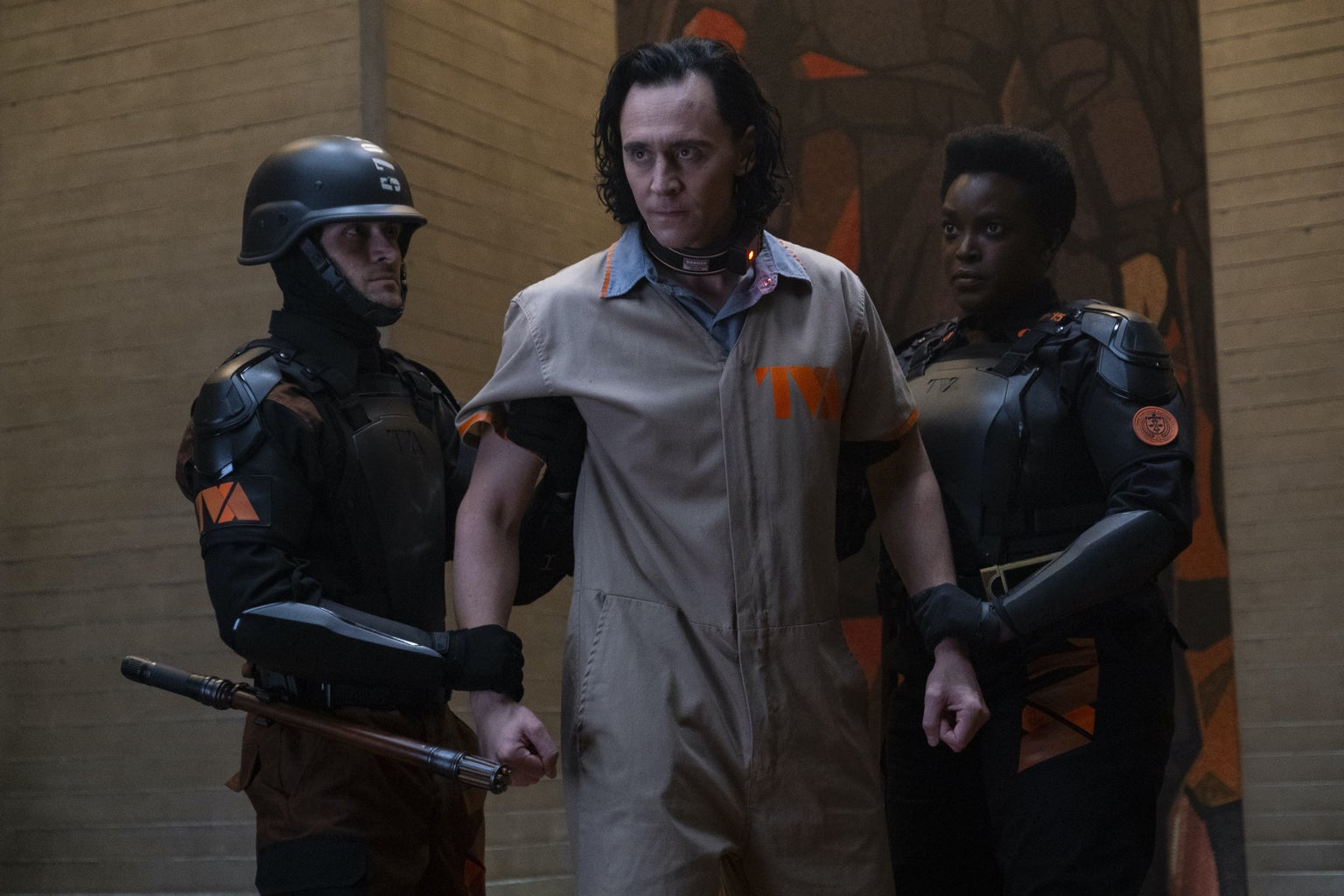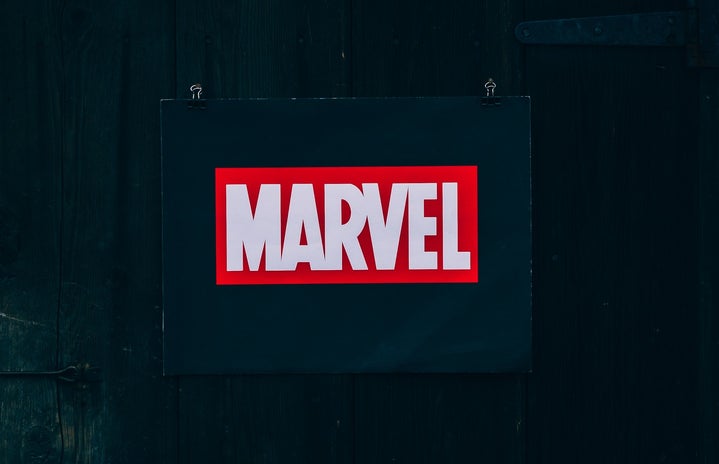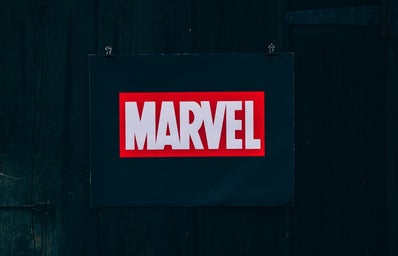The infamous Marvel Cinematic Universe (MCU) has left a mark on audiences and cinema history. This statement may be controversial for serious and traditional cinephiles. Yet, whether people dislike or are enthusiastic about superhero films, the MCU became the cornerstone of the genre and influenced the industry. MCU first grew gradually, then it rapidly dominated the superhero market over DC. A big change occurred when famous actors became hungry to be in the MCU, as compared to the beginning when actors took chances to be in MCU projects. A reason for this was the surge in popularity based on the engaging and creative storytelling, leaving audiences craving more.
That passion and quality effort, some may argue, is gone. The MCU at its height was during 2018’s Avengers: Infinity War and 2019’s smash hit Avengers: Endgame. Now, its reputation and interest are severely down from five years ago. Let’s break down some of the online discussions and provide some suggestions for the future.

The Spark
A shift signaling a change in public opinion was the lack of discourse from popular TikTok creators talking about superhero content. They slowly moved away from the MCU and superheroes overall. Social media marketing fueled general interest in tuning into MCU projects because people saw others talking about it and didn’t want to miss out on something cultural. The community of superhero lovers got to express themselves freely on social media. Social media boosted awareness in combination with unique and creative stories being received with passion. What really sparked my interest in this topic was my personal lack of interest in keeping with the current MCU projects. Not keeping up with MCU projects is a result of Marvel fatigue due to over-saturation.
Marvel Fatigue
Mainly, Marvel fatigue represents a lack of interest in MCU films or shows because people are tired of watching superhero-related content. This can be dissected further by understanding why. People may have Marvel fatigue because the quality of the story combined with too much CGI frustrates audiences. The quality and heavy CGI used can be attributed to the massive quantity of projects that are released multiple times a year. There can’t be time spent carefully crafting stories and practical effects when there is a fast deadline. Once the MCU expanded onto Disney + and TV series, people could not keep up with the amount of content to watch. Another potential detriment was connecting most of the characters and storylines, forcing people to have to watch everything to understand the plot. However, every MCU project isn’t a failure over the last five years. In 2021, Spiderman: No Way Home was a huge financial and cultural success. Most recently, Guardians of the Galaxy 3 was met with high praise and support. To turn this tide around, there are some strategies for Marvel to implement.
Looking to the future
First, the MCU needs to slow down. The MCU needs to take a break like Star Wars did. They should not release multiple films or TV shows in the same calendar year. One project a year or taking a year or two off would raise people’s attention. That way, when a project is coming out, people will be waiting and ready for it to premiere. This gives the writers and VFX artists time to collaborate and produce quality work without being rushed. Similarly, incorporating more practical effects and less over-the-top storylines will ground the projects. People are still excited about the MCU. Take excitement online from the news about the new Deadpool and Daredevil: Born Again. If they want to find success, it’s important to be authentic and focus on quality over quantity.


